On the War in Ukraine and the Price Russia Has to Pay
By Mahvish Akhtar
It’s no surprise that Russia’s war on Ukraine has caused chaos within Ukraine and even within Russia. This chaos has spilled over to regions such as the Balkans, Serbia, and Kosovo and even neighbors such as Poland. Contrary to what Putin and the Russian officials would have the world believe, the people of Russia are not on board with a war that is destroying their country and pitting them against bordering nations with those they share positive relations in recent history. Russians understand this to be just a power play by their government. However, they feel helpless to do anything about it.
The United Nations Office for the Coordination of Humanitarian Affairs (UNOCHA) reported that in 2023, 17.6 million people in Ukraine require humanitarian assistance, 45% of whom are women, 23% are children, and 15% are people with disabilities. Ukrainian Situation Report that was released on December 19th, 2022, stated that “Regular waves of attacks on energy infrastructure continue to cause destruction and leave millions of people across Ukraine with no electricity, disrupting water supply and heating systems, while temperatures have fallen below zero in most parts of the country. The attacks have also damaged other civilian infrastructure, including homes, and killed and injured civilians across Ukraine over the past couple of weeks.”
Amnesty International called for Russia to “end its unlawful targeted assaults on civilian infrastructure.”
In October of last year, a spokesperson for the UN High Commissioner for Human Rights said, “Attacks targeting civilians and objects indispensable to the survival of civilians are prohibited under international humanitarian law.” Humanitarian organizations, including CARE, have warned that the severe winter weather and continued attacks on civilian energy infrastructure could lead to a second refugee crisis. In addition to the impact of destroyed and damaged infrastructure, scheduled blackouts to mitigate the power shortages have a ripple effect, disrupting the ability of households to heat their homes and access water.
Recently the attacks have picked up since Russia has realized that more and more countries are distancing themselves from Putin and providing any kind of help. Despite Russia becoming more ruthless, Ukraine’s minister of energy says that the power systems is meeting peoples electricity needs.
President Vladimir Putin has always craved attention and control over all political institutions and media outlets in his country. He has done a very good job of it as far as the naked eye can see. This has helped the country assert its control over other former Soviet Union states even though these states are now officially sovereign states, such as Ukraine. The government also remains suspicious of Western organizations, accusing them of having political agendas. In fact, a law passed in 2012 requires all NGOs to register as “foreign agents,” and a newer set of laws known as the “Yarovaya package” requires all religious organizations to receive government permits in order to operate. However, even if they obtain permits, the government can still regulate and closely monitor their activities. These laws also give the government the authority to track citizens’ online activity and fine anyone engaging in suspicious behavior.
Ukraine was a strong hold for the Soviet Union against the United States during Cold War. After Russia it was the most powerful of the fifteen Soviet republics. The republic depended on Ukraine’s agriculture production, defense industry, their military was strong and well trained. The infamous Black Sea Fleet of the cold war days and some of the nuclear arsenal was from Ukraine. When Ukraine decided to cut ties with Soviet Replica and become a sovereign State in 1991, that was devastating for the already broken Superpower.
As time has passed Ukraine started to distance itself from Russia and has been trying to closely align the country’s interests with western institutions such as EU, NATO etc. This cannot be an easy task knowing that there is a deep-rooted connection to Russia because of the shared culture and history. A more nationalist, Ukrainian-speaking population in western parts of the country generally supported greater integration with Europe, while a mostly Russian-speaking community in the east favored closer ties with Russia.
This also isn’t the first time that Russian government’s anger and resentment over losing Ukraine led to destruction and death. In 2014 when Russia annexed Crimea, a city in Ukraine, Moscow started a campaign of arming and abetting separatists in the Donbas region in the country’s southeast. Russia’s seizure of Crimea was the first time since World War II that a European state annexed the territory of another. This was difficult for Ukraine to fight because they did not see it coming and did not realize that this was a planned attack from the inside by arming their own people.
More than fourteen thousand people died in the fighting. Russia also played a big role in the Balkan wars of the 1990s. They were fueled by the same resentment and anger that took Putin to Crimea. They stood by the Serbs and gave them all the support they needed through money, weapons and training the troops. Again today, the war in Ukraine has an unsettled situation in Serbia and Kosovo and the surrounding area and that is no coincidence.
As we know in February 2022, Russia embarked on a full-scale invasion of Ukraine with the aim of toppling the Western-aligned government of Volodymyr Zelenskyy. Kyiv, Ukraine’s capital, is sometimes referred to as “the mother of Russian cities,” in terms of cultural influence with Moscow and St. Petersburg. Losing control over something that is considered a part of yourself and a part of your own culture and history must not be easy for a nationalist leader who has made himself believe that he is the most invincible and powerful man in the world. When a place, city, or country becomes more important than he is than they must be conquered.
Russian Journalist Andrei Kolesnikov and Sociologist/columnist Denis Volkov claim in their writing; “My Country Right or Wrong: Russian Public Opinion on Ukraine,” explain the underlying currents that drive different segments of Russian public opinion as well as under-appreciated differences with how Russian society reacted to the annexation of Crimea in March 2014.
Putin’s twenty-plus years in power demonstrate that he clearly does not feel bound by Russian law. In 2020, he rewrote the Russian constitution, limiting the powers of the legislature, incorporating local self-government into a “unified system of public power,” and granting himself a personal exemption to the two-consecutive-terms limit on holding the presidency established in Russia’s original 1993 founding law.
In retrospect, however, Putin’s 2020 Russian constitutional amendments also foreshadowed his intentions in Ukraine. The changes included an obscure provision that forbids the Russian Federation from giving back any territory that is declared to be a part of the country. The article was initially thought to deal with Crimea (and the Kurile Islands). Now that four Ukrainian provinces have been annexed during this war hand that is how Putin will integrate these new regions seized from Ukraine. Despite Putin’s overt disregard for the law, he has doubled down on the legal integration of these four territories. These legislations and the rush for integration puts a different light on the situation. However, The UN secretary general, António Guterres, said the annexation “has no legal value and deserves to be condemned”.
For example, Russian government would go on to oppose the international war crimes tribunals for Serbian leaders, withdraw its peacekeeping forces from Kosovo in 2003, and block UN recognition of Kosovo’s 2008 declaration of independence.
While the statement that Putin has no regard for the law is accurate, there seems to be some very clear reasons why this time he had to preemptively make legislations and amendments within his constitution to accommodate his forthcoming actions. As we discussed earlier the important relationship the people of Russia have with Ukraine is undeniable. No one was looking to have this much death and destruction. Whether one is looking at it through the cultural and relatability aspect or looking at it through the aspect of how much damage it has caused financially since most of the food and goods came from Ukraine. Russians are suffering now that they have been cut off. The supply chain has stopped in that direction. Many other European countries have also cut Russia off so the conditions within the country are not stable. If the annexing is not legal, then it’s unlikely his people will back Putin in this war.
There is more than one reason for making sure that some business conducted is approved by the world and his countrymen. A private military company tied to the businessman Yevgeny Prigozhin, has been recruiting convicts for near impossible missions in exchange for their freedom. These men have been killed or severely wounded in Ukraine. Anatoly Salmin, a convicted thief and murderer, survived such a mission and now is home from prison years ahead of schedule, his reward for volunteering for a suicide mission in Russia’s war in Ukraine.
Salmin was accused of killing his friend. They were on a fishing trip, both got drunk and started an argument. Salmin grabbed a rock and hit his friend on the head twice. As the friend continued to flail, Salmin held his head underwater until he stopped moving.
“It’s often people who have the most years left on their sentences who are willing to go into Wagner,” said a prisoners’ rights activists based in Russia. “And that means, usually, it’s people who have committed the most serious crimes.” Soon Russia might have a major crime relapse since criminals are getting a second chance at PTSD and other psychological issues that the government has not made plans to address.
Not all who are asked to fight are eager to fight. There’s war burn out where soldiers are refusing to go back into war zone and there are some who just aren’t showing up for duty. However, these are not options that are available to A citizen. A Russian court has sentenced a 24-year-old soldier to five years in prison for refusing to fight in Ukraine, officials said.
More than two decades after the Yugoslav wars, the socio-political balance created at that time to keep all ethnic and religious communities’ content is becoming increasingly precarious. While much of the region seeks deeper integration with EU and NATO, experts say Moscow is trying to leverage simmering tensions to block those efforts and President Vladimir Putin’s war in Ukraine could undermine Russia’s sway in the Balkans.
Putin’s use of Kosovo’s demand for independence to justify the annexation referendums in eastern Ukraine angered many Serbian nationalists. They see it as legitimizing Kosovo’s claims. In response, Vucic, the President of Serbia has increasingly distanced himself from Moscow.
Russia will have to shift strategies because close relations with Balkan countries were a solid means of gaining access to both NATO and the EU, and their naval power in the Mediterranean, another long-standing goal of Russian statecraft. The instability in the Balkans would help as a distraction and a way in.
Russia’s Attacks however seem to continue as there is no shortage of allies in this world climate. South Africa and China are scheduled between the 17th and 27th of February 2023 to start military drills with Russia in the port cities of Durban and Richards Bay in South Africa. Russia has also sent more troops on the ground to push back Ukrainian military and start an offensive and block any attacks coming from the other side. This war is far from over. Lets see if the allies of Ukraine and sympathizers can pull through in the same way that the allies for Russia are pulling through with actual results.






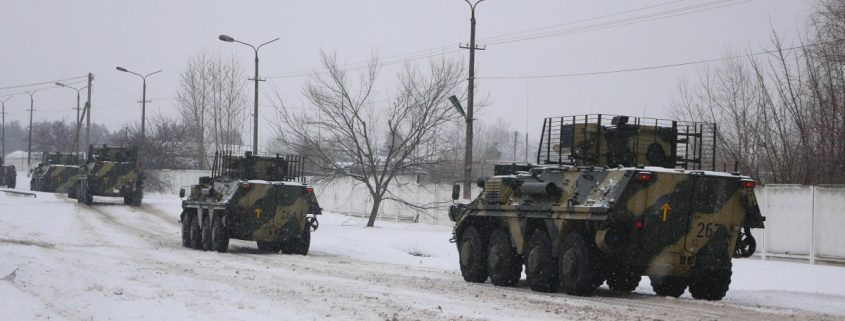
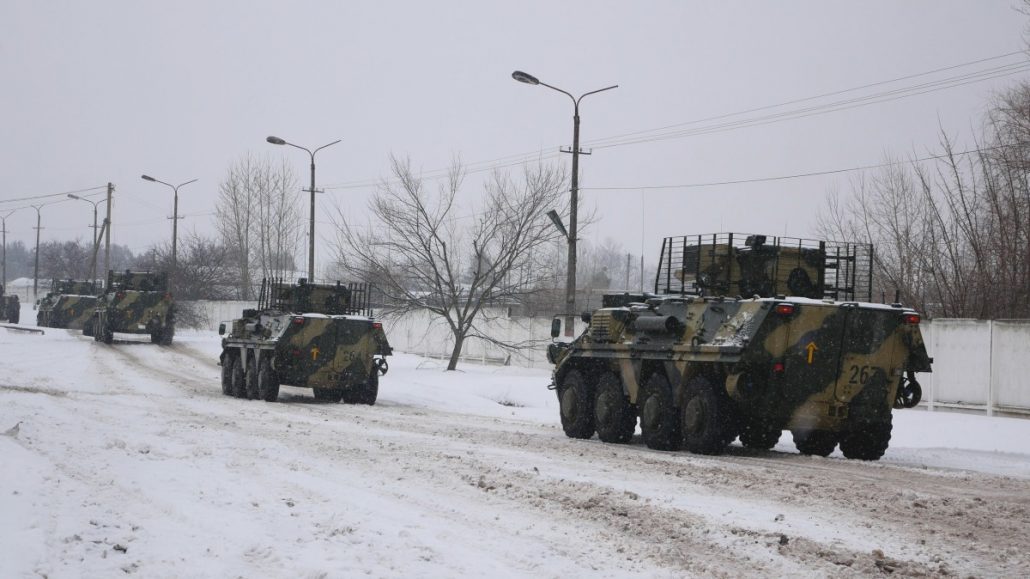

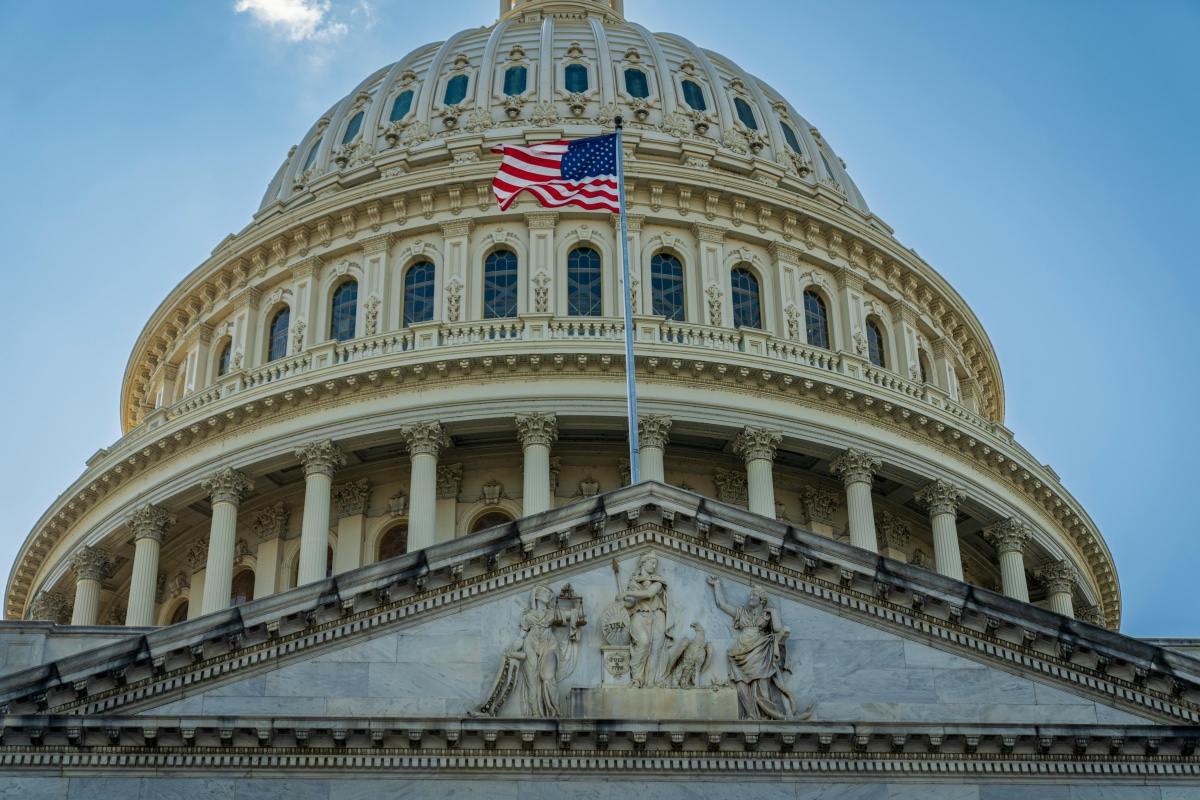
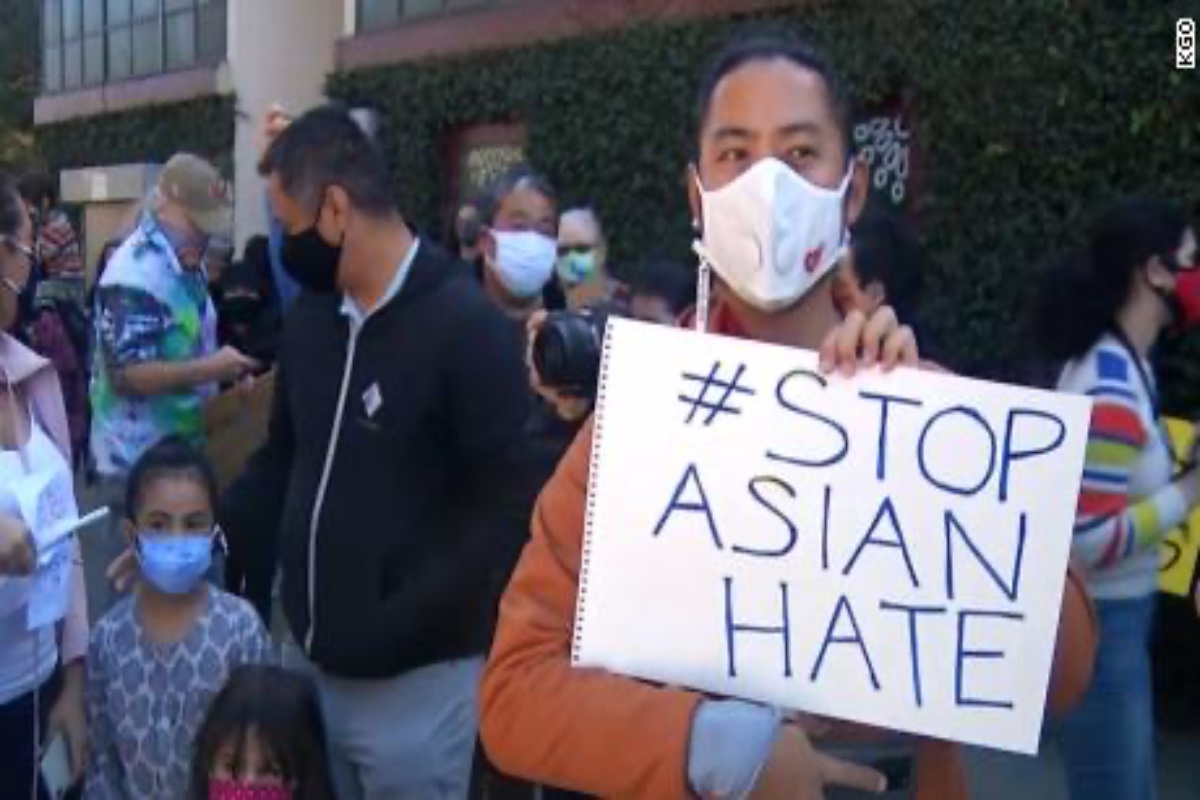
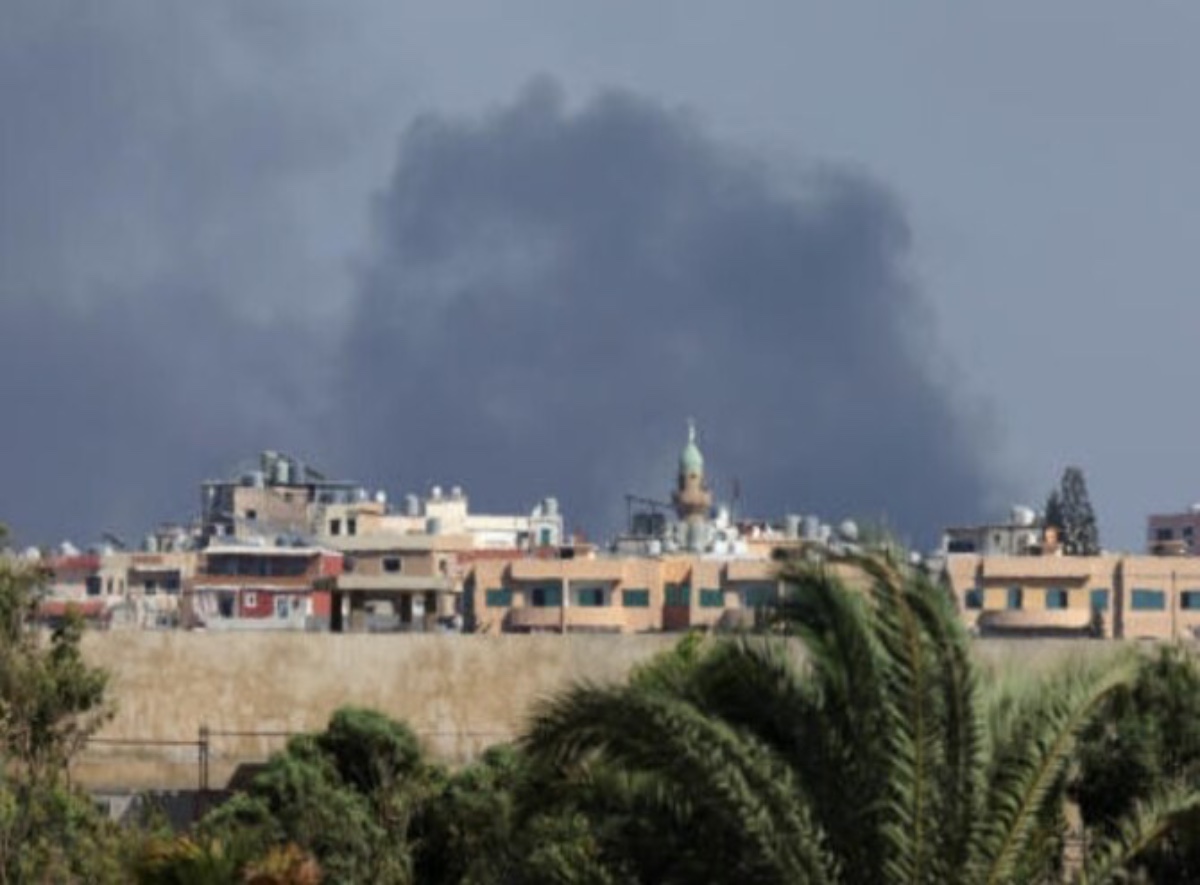
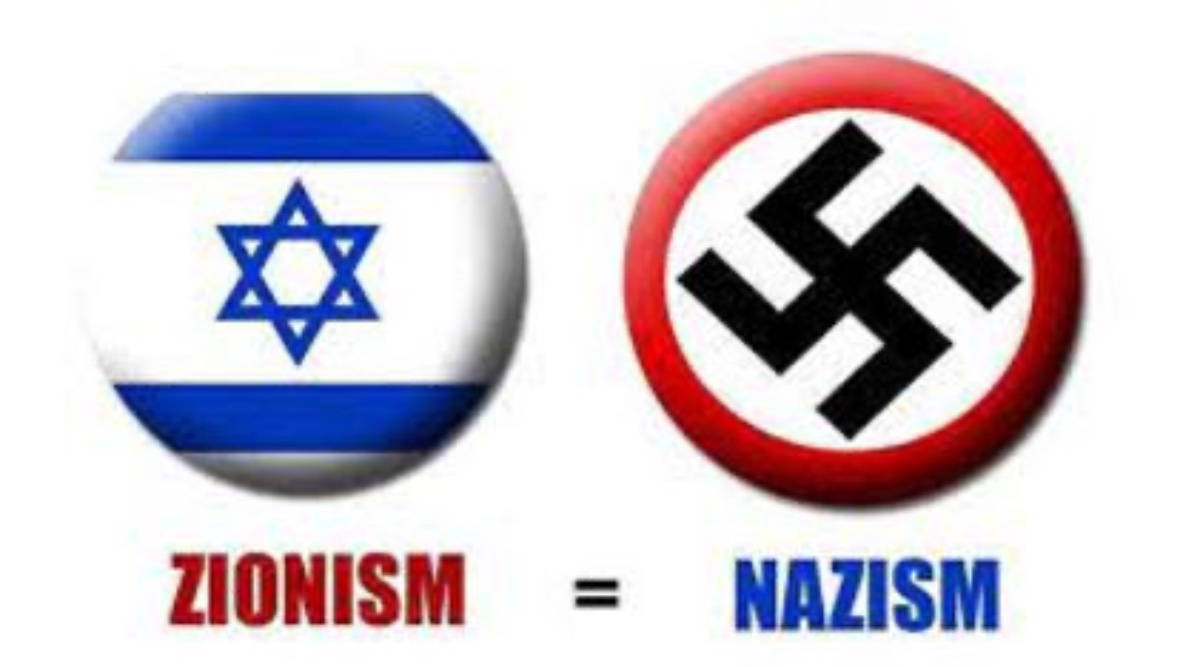
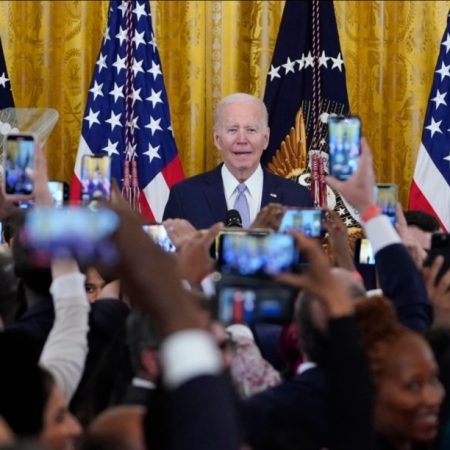
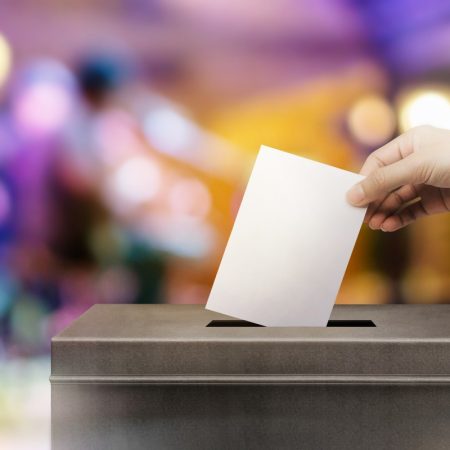






2023
987 views
views
0
comments